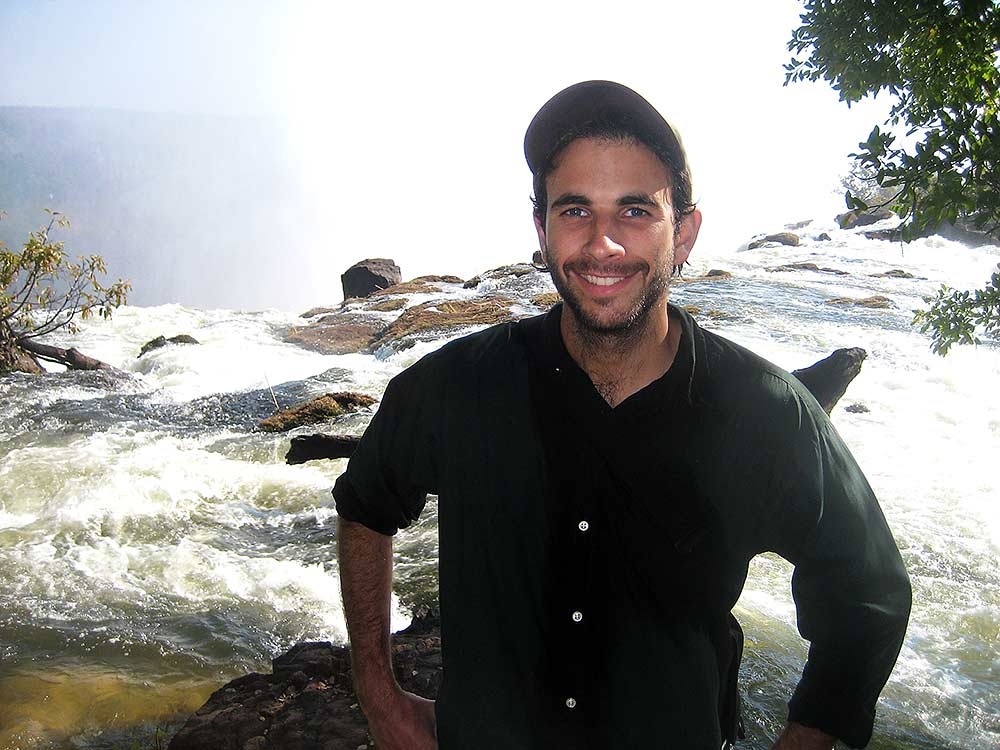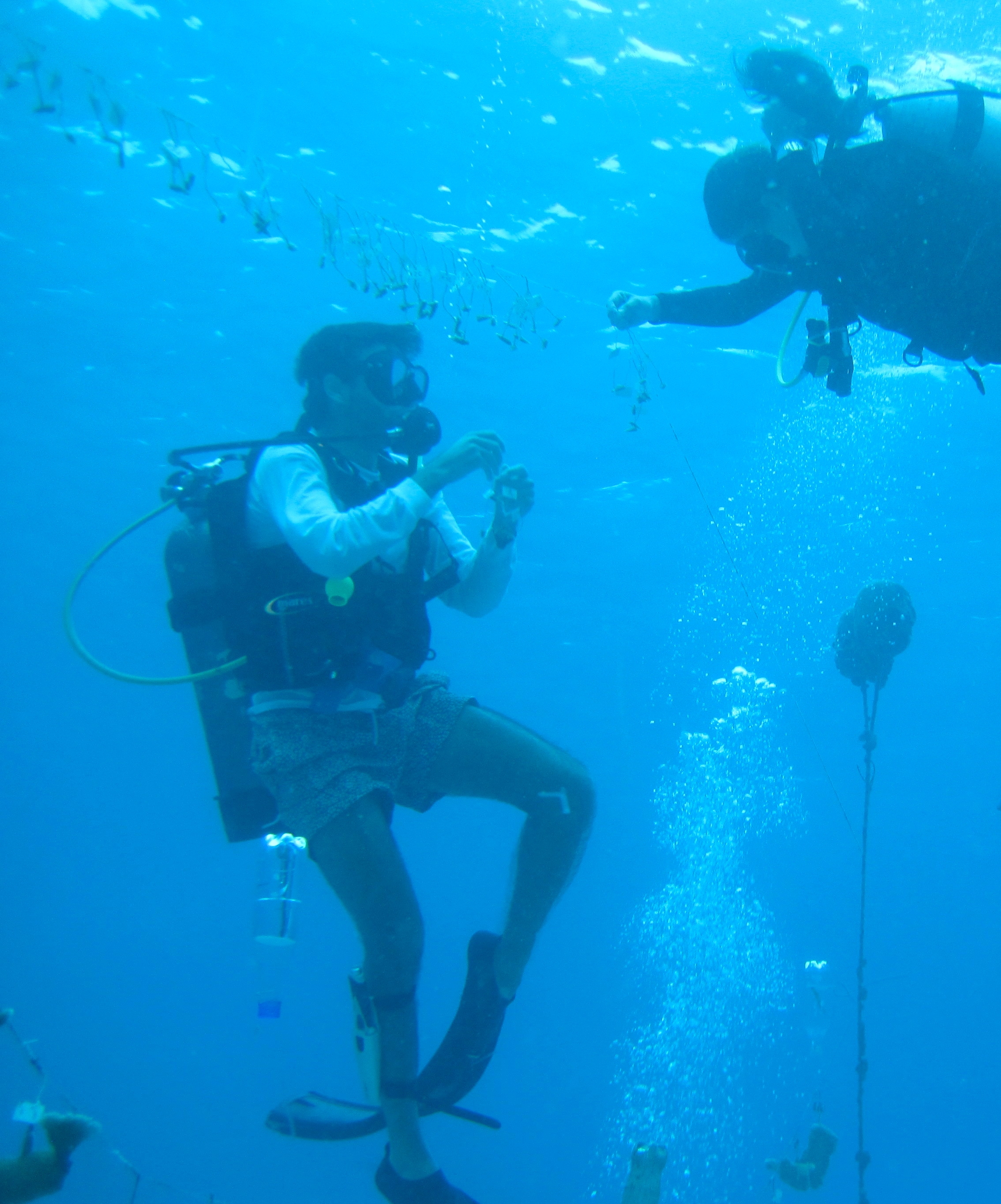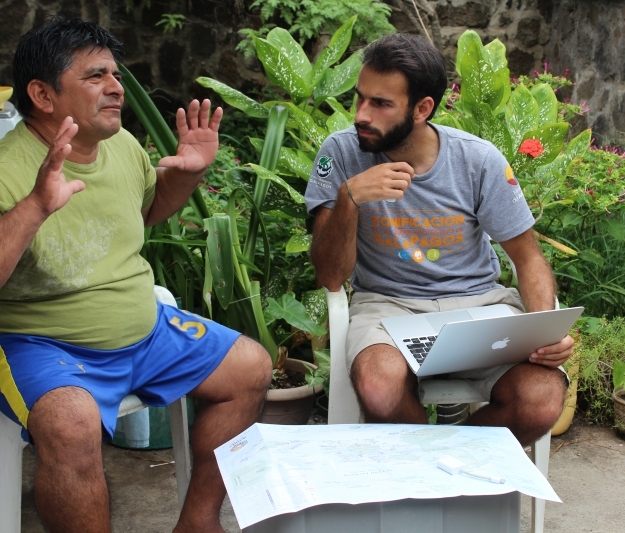Pablo specializes in the design and implementation of science-based and socio-economically suitable management strategies that are conducive to the sustainable use of fisheries resources. He has worked on a range of marine resource management projects around the world, including aquaculture projects in the Caribbean, collaborating on a global analysis of rights-based fisheries management (TURFs) as part of the ‘Fish Forever’ partnership, and providing support to the ‘Ocean Health Index’ regional evaluations.
Originally from Barranquilla, Colombia, Pablo has also lived and worked in Europe, the United States, and throughout Latin America. He received a bachelor’s in biochemistry from Bowdoin College in 2009, worked as a Harvard University laboratory manager for two years before moving back to Colombia to work alongside indigenous communities in the Colombian Caribbean to develop aquaculture technology as an alternative livelihood source. He became a Latin American Fisheries Fellow in 2012, and received his Master’s degree from the Bren School specializing in coastal marine resrouces management. Since then, Pablo joined the CI-Galapagos team to help to promote better marine spatial planning during the re-zoning of the Galapagos Marine Reserve, and has been working on the 'Sustainable Fisheries Bycatch Management and Discard Reduction' project with the UN Food and Agriculture Organization (FAO).
In his current role as Conservation International's Senior Fisheries Program Manager, he looks forward to promoting sustainable fisheries through interdisciplinary approaches that effectively bridge the gap between science, policy and business.
























































